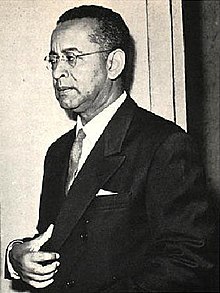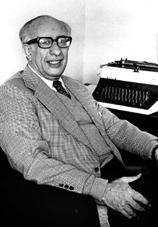
Alejandro Carrión Aguirre was an Ecuadorian poet, novelist and journalist. He wrote the novel La espina (1959), the short story book La manzana dañada (1983), and numerous poetry books. As a journalist he published many of his articles under the pseudonym "Juan Sin Cielo." In 1956 he founded, along with Pedro Jorge Vera, the political magazine La Calle. He directed the literary magazine Letras del Ecuador. He received the Maria Moors Cabot prize (1961) from the Columbia University Graduate School of Journalism as well as the Ecuadorian National Prize Premio Eugenio Espejo (1981) for his body of work. He was the nephew of Benjamín Carrión and Clodoveo Carrión.
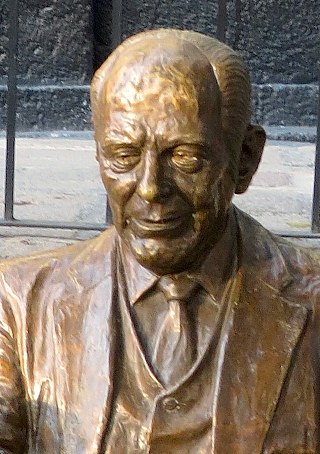
Manuel Benjamín Carrión Mora was an Ecuadorian writer, diplomat and cultural promoter.

Alfredo Pareja Diezcanseco — born Alfredo Pareja y Díez Canseco — was a prominent Ecuadorian novelist, essayist, journalist, historian and diplomat. An innovator of the 20th-century Latin American novel, he was a founding member of the literary Grupo de Guayaquil, which brought a new emphasis to realistic novels.

José de la Cuadra was an Ecuadorian social realist writer, whose short stories are among the most important in Ecuadorian literature.

Enrique Gil Gilbert was an Ecuadorian novelist, journalist, poet, and a high-ranking member of the Communist Party of Ecuador.
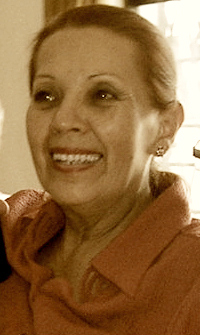
Violeta Luna is an Ecuadorian poet, essayist, professor and literary critic.
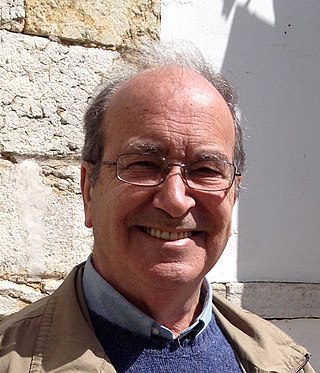
Juan Manuel Rodríguez López is a Spanish-born, naturalized Ecuadorian author and professor. He holds a licenciate/BA degree in philosophy and a doctorate in literature from Pontificia Universidad Católica del Ecuador (PUCE). He was a professor at Universidad Central del Ecuador and Universidad Católica, as well as a founding professor of Universidad San Francisco de Quito, where he was Dean of the College of Communication and Contemporary Arts.
Gerardo Guevara is one of the key composers in Ecuador. His work combines native music with contemporary techniques.
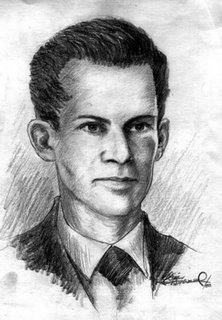
Joaquín Gallegos Lara was an Ecuadorian social realist novelist, short story writer, poet, and essayist.

Aminta Buenaño Rugel is an Ecuadorian writer and politician.
Iván Oñate is an Ecuadorean poet and academic. Oñate was born in on March 17, 1948, in Ambato, Ecuador. He lives in Quito, Ecuador. He has been called “the most original poet of the new generation” by French critics Jean Franco and Jean-Marie Lemogodeuc They further remark that “one must pay attention to his disquieting visions, to his taste for life and vertigo, to his wild revelations mixing anguish and delirium.” He has published eight books of poetry and fiction, and his widely anthologized work has been translated into at least five languages.
Blanca Eugenia Viteri Segura was an Ecuadorian writer, anthologist, women's rights activist, and teacher. She has been described as "a grand dame of Ecuadorian literature."
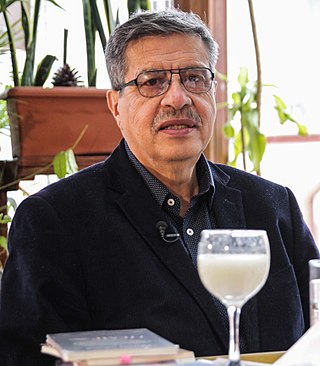
Abdón Ubidia (1944) is an Ecuadorian writer who is considered one of the most representative and relevant voices of modern Ecuadorian literature. He was the 2012 recipient of the Premio Eugenio Espejo in Literature, awarded to him by President Rafael Correa.

Rafael Díaz Ycaza was an Ecuadorian poet, novelist, short story writer, and columnist for the Ecuadorian newspaper El Universo.
Cecilia Eudave is a Mexican writer, researcher, and university professor.
Yanna Hadatty Mora is an Ecuadorian short story writer and essayist.

Luis Aguilar Monsalve is an Ecuadorian writer, critic, and professor emeritus at Hanover College in the United States.
Luz Argentina Chiriboga is an Afro-Ecuadorian writer who was one of the first writers to address the duality African and Hispanic cultures. In her poetry and novels, she writes about women in ways that challenge preconceived stereotypes. Her short story "El Cristo de la mirada baja" won first prize in 1986 in the International Literary Contest of the Liberator General San Martín held in Buenos Aires.
Cecilia Ansaldo Briones is an Ecuadorian professor, essayist, and literary critic.
Gilda Holst Molestina is an Ecuadorian writer and professor. Her narrative makes use of humor and irony, in addition to the treatment of themes related to gender inequality.
